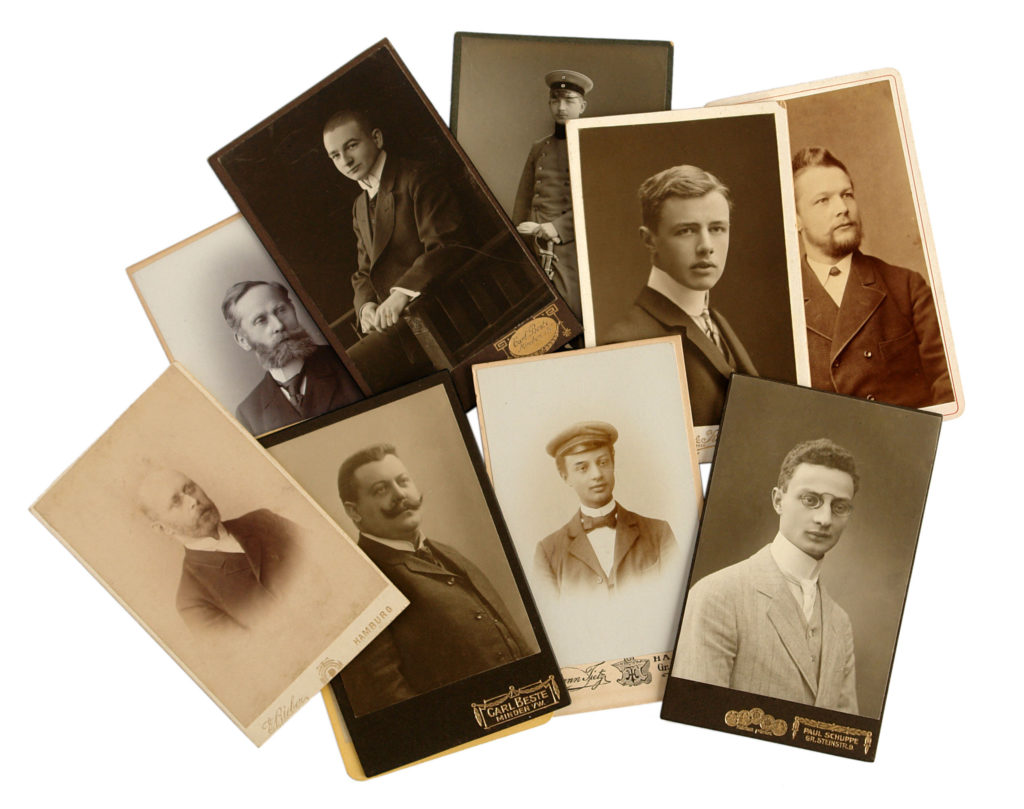Genealogy interviews are an incredibly beneficial tool for genealogy research. When you first begin your research project, it is extremely important to ensure that you do an interview as quickly as possible. This can help to provide you with the best head start on your project. In addition, interviewing relatives is an option that won’t always be available to you, so you should ensure that you complete your interviews as soon as possible. Here are a few of our tips for conducting effective genealogy interviews.
Prepare before the Interview
In order to ensure that your interview is as effective as possible, you will want to spend some time doing research prior to your interview. This will help you to decide what you want to talk about during the interview, as well as the answers that you need to further your research. When you prepare prior to your interview, you will ensure that your genealogy interview can be a much more effective use of your time.
Make a List of Questions
It is beneficial to begin your interview with a list of questions you want to ask. This can go a long way toward ensuring an efficient genealogy interview. Ensure that your questions are open-ended because these will get you much more information. A yes or no question will ultimately only get you a yes or no. An open-ended question can gather much more information. You may want to consider asking them about their favorite memory or the various historical events that they remember living through. It may also be beneficial to ensure that you ask them about the oldest relative that they remember.
Take Notes

Ensure that you have paper and a writing utensil during the interview. This will allow you to take notes throughout the interview. Taking notes helps to ensure that you get as much information out of the genealogy interview as possible, which will substantially help to further your genealogy project.
Record the Interview
Before you record the interview, you will want to ensure that your interviewee is comfortable with you recording it. If they say it is okay, you may want to consider recording a video of the interview. An audio recording can be helpful as well. These records will ensure that you can go over the interview multiple times and catch anything that you have missed. It can also provide valuable memories of time that you spend with your loved one. Recording the interview can provide benefits both for your genealogy interviews and for your life outside of your genealogy research.
Let the Interview Go Off Topic
Many people rigidly adhere to the structure that they envision for the interview. However, it can be beneficial to allow the individual that you are interviewing to go off topic. You may find many hidden treasures about your family history that you wouldn’t have thought to ask about. This can also help to provide you with a more personal connection to your relative. Don’t fret if the interview takes an unexpected direction.
Use Photos
The use of photos can be extremely beneficial in the interview process. These photos can help to trigger memories in your relative, which can provide you with more information. In addition, using family photos during the interview can get you more information regarding the specific memory that is captured by the photograph. This is a particularly valuable tool to have with you during your interview. You may even want to make copies of family photos to leave with the relative after you have concluded the interview.
Interview as Soon as Possible
Genealogy interviews are often one of the first steps that you should take during your genealogy research project. This is one resource that won’t necessarily be around forever. When you focus on holding genealogy interviews, you will be able to obtain valuable information while it is available to you. For this same reason, you should often start with your oldest relatives first when you decide to complete genealogy interviews. This is extremely beneficial for your genealogy research project overall.
When you intend to complete a genealogy research project, you will want to ensure that you start early on and hold effective genealogy interviews. By following these tips, you will be able to get the most out of the interview process, which will help to ensure a more effective genealogy research process. A genealogy interview is an incredibly valuable tool in your research toolbelt. Genealogy research trips are also valuable for the completion of your research project. To learn more about the benefits of genealogy interviews and how to get the most out of your interview, contact our experienced team at Heritage Consulting today!





